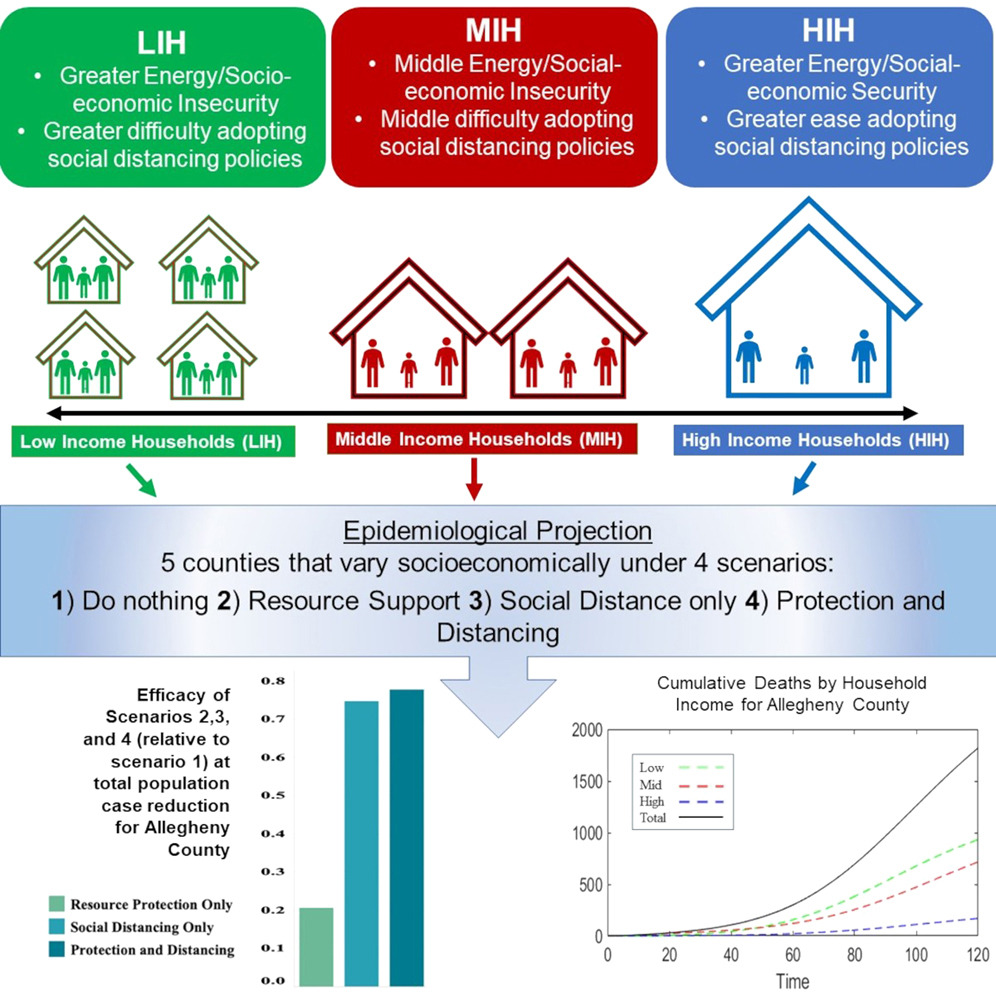Sustainable Energy, Grids and Networks, Volume 28, December 2021
By the year 2019, the number of people without access to electricity was 770 million, most of which lived in rural areas. The currently models for rural electrification are often limited in their electrical analysis, or focus on a idealistic optimal solution whilst ignoring the real hierarchical topology of power systems. This work proposes a rural electrification strategy that makes use of Geographic Information System (GIS), graph theory and terrain analysis to create the best electric network topology.
Current Opinion in Behavioral Sciences, Volume 42, December 2021
The mounting research on consumer behavior and climate change is gradually improving our understanding of effective ways to mobilize consumers to mitigate climate change. The relationship between consumer behavior and climate change is complex and most consumers are not capable of determining which behavior changes are worth doing. Research has come a long way identifying the most impactful behavior changes, but more research is needed to refine and situate these insights.
The Lancet Regional Health - Americas, Volume 4, December 2021

